Not enough teachers
An epidemic of teacher burnout has many school districts struggling to fill positions. Why are teachers unhappy?
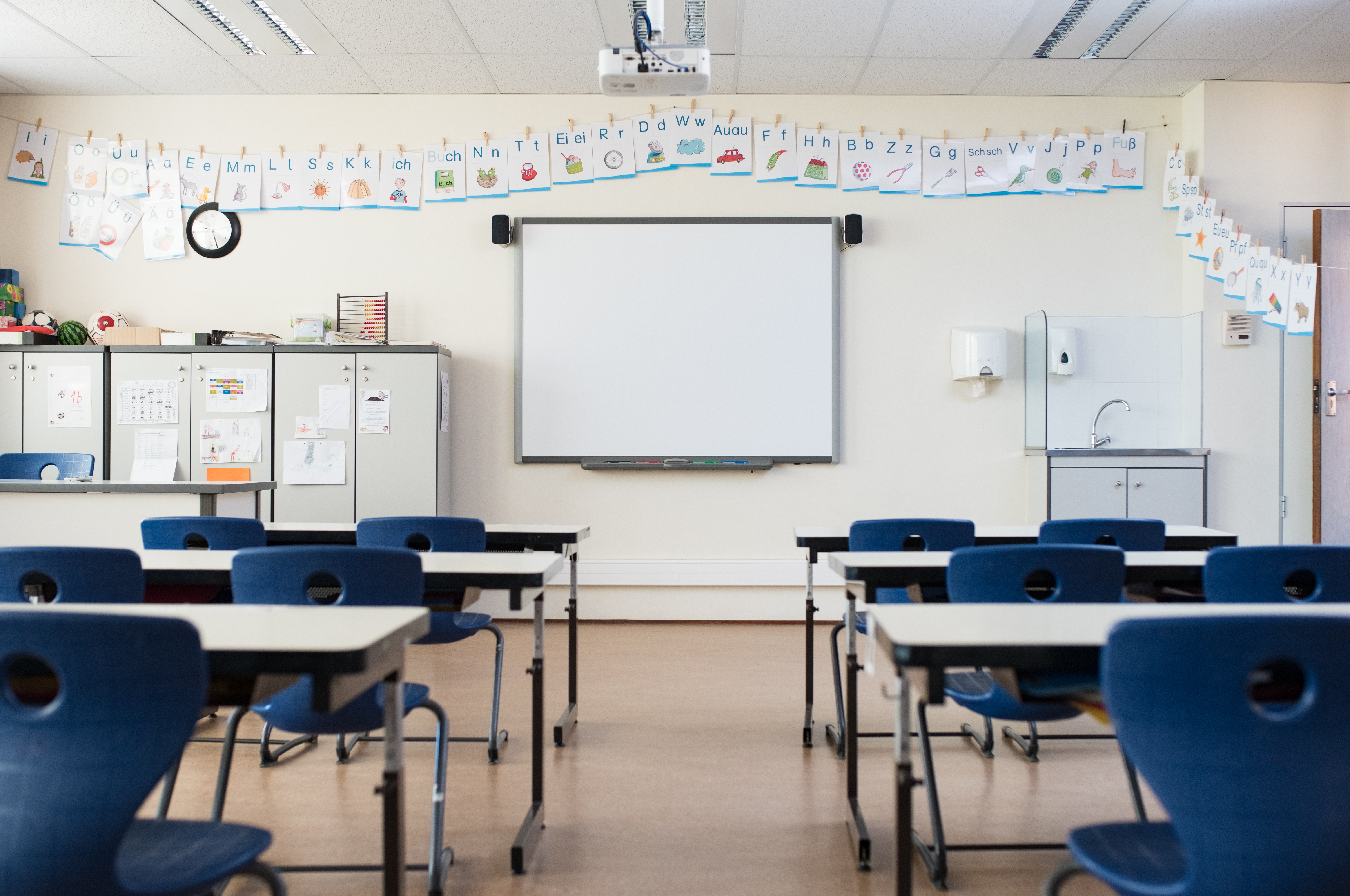
A free daily email with the biggest news stories of the day – and the best features from TheWeek.com
You are now subscribed
Your newsletter sign-up was successful
An epidemic of teacher burnout has many school districts struggling to fill positions. Why are teachers unhappy? Here's everything you need to know:
How big is the problem?
In some parts of the country it is serious, and school districts are getting desperate. Houston has about 900 teacher vacancies going into this school year, and to compensate for too few teachers, districts in Texas and rural Missouri are switching to four-day weeks. In Florida, there are about 8,000 teacher vacancies, and according to the Florida Policy Institute, about 450,000 kids started school last year without a permanent teacher. About 5,500 teachers quit Maryland schools in 2022, and Baltimore schools now have about 700 vacancies. Pennsylvania, Kansas, Alabama, Mississippi, and Georgia also report a crisis in staffing classrooms. Nationally, the percentage of teachers quitting soared to a record level in July 2020, but in the past year, the "quit rate" has dropped and not all states or districts have shortages. Still, many of the nation's 3.1 million public-school teachers have become deeply disenchanted with the profession. Nearly half of teachers polled in March say they intend to quit, and a recent survey of principals and school district leaders found that 72 percent did not have enough applications for open teaching positions. "I have never seen it this bad," said Dan Domenech, executive director of the School Superintendents Association.
Which districts are hardest hit?
States are finding it hardest to retain staff in poor, rural, and urban districts primarily serving students of color. In districts where more than 75 percent of the student body is nonwhite, about 10 percent of teachers resigned or retired last year. That's up from 6.5 percent in 2019 and double the rate of districts where 90 percent or more of the students are white. In states with shortages, it's also far more difficult to find teachers for math, science, and special education classes. Nearly everywhere, teacher morale has plummeted, with 90 percent polled in January saying they are suffering from burnout.
The Week
Escape your echo chamber. Get the facts behind the news, plus analysis from multiple perspectives.

Sign up for The Week's Free Newsletters
From our morning news briefing to a weekly Good News Newsletter, get the best of The Week delivered directly to your inbox.
From our morning news briefing to a weekly Good News Newsletter, get the best of The Week delivered directly to your inbox.
Why are teachers unhappy?
The pandemic and politics are two primary factors. When schools closed their doors once the pandemic hit in March 2020, teachers had little time to prepare for a shift to remote learning, and the fits-and-starts reopening of schools over the following year introduced a host of new problems. Some districts rejected masking requirements and others struggled to enforce them, so coming to work meant daily exposure to COVID. More than 800 teachers died of COVID during the first year of the pandemic, and a recent survey found 19 percent of teachers reporting that they suffer from long COVID. During remote learning, some students' mental health deteriorated, causing many to act out when they returned to school.
In what way?
In a 2020-21 American Psychological Association survey, 14 percent of teachers reported being physically attacked by students, and a third reported being threatened or harassed. At the same time, the struggle to make up for pandemic learning loss increased teachers' workloads, and led to mounting pressure from increasingly antagonistic parents and micromanaging administrators. Many teachers say they've been pushed past the point of endurance. "Every minute I wasn't with the kids, personally, I was beyond treading water with my mental health," said Bethany Collins, who quit in January after eight years as a Los Angeles-area middle school teacher. "I was just drowning."
How are local governments coping?
Faced with a tighter labor market, many districts are raising base salaries and offering signing and relocation bonuses — up to a whopping $25,000 in one New Mexico school district. Some states are loosening eligibility requirements. In Florida, some military veterans are now eligible for temporary teaching certificates even if they haven't completed a bachelor's degree. Arizona will now allow current college students to teach. But educators say that teaching is a profession that requires training and experience, so lowering the bar will only diminish the quality of the classroom instruction children receive. "Would we even be thinking about this if it was a pilot? Or an engineer? Or a doctor?" asked American Federation of Teachers President Randi Weingarten. "It's part of the disrespect that you think that you can just put a body in front of kids."
Are there more long-term fixes?
The country's struggle to recruit, train, and retain enough good teachers predates COVID. In the 2010s, enrollment in teacher-preparation programs declined by more than a third, with some colleges reporting further double-digit declines since 2020. A 2018 University of Pennsylvania study found that 44 percent of newly minted teachers quit within their first five years on the job. Finding ways to reduce the cost of teacher-training programs and the student-debt burden could help make the field more attractive. So could support staff to relieve teachers of some non-classroom-related administrative work. Without major changes, though, the pool of available teachers could continue to shrink, leaving those that remain with ever-ballooning workloads. "In the last two years, I've had to be five teachers," said Nick Clark, who teaches high school in Fort Worth. "The extra load and duties make coming back less and less appealing every year."
A free daily email with the biggest news stories of the day – and the best features from TheWeek.com
Caught in the culture wars
In a recent poll, 88 percent of teachers said education was "becoming too politicized" where they teach. A conservative movement to keep potentially divisive topics out of public schools accelerated in 2021, producing laws such as Florida's "Don't say gay" bill, bans on teaching critical race theory, and "curriculum transparency" bills that require teachers to post all their classroom materials online. In this politicized climate, some teachers even found their personal lives falling under greater and more hostile scrutiny. Willie Carver was named Kentucky's 2022 Teacher of the Year, but the openly gay English and French teacher resigned in June, citing rising homophobia in his district. One parent accused him of "grooming" children by running an LGBT student club at his high school. "I had to think about what it would be like," he said. "Will my students see a happy, successful adult who also happens to be gay, or will they see a broken, stressed, defeated person standing there?"
This article was first published in the latest issue of The Week magazine. If you want to read more like it, you can try six risk-free issues of the magazine here.
-
 How the FCC’s ‘equal time’ rule works
How the FCC’s ‘equal time’ rule worksIn the Spotlight The law is at the heart of the Colbert-CBS conflict
-
 What is the endgame in the DHS shutdown?
What is the endgame in the DHS shutdown?Today’s Big Question Democrats want to rein in ICE’s immigration crackdown
-
 ‘Poor time management isn’t just an inconvenience’
‘Poor time management isn’t just an inconvenience’Instant Opinion Opinion, comment and editorials of the day
-
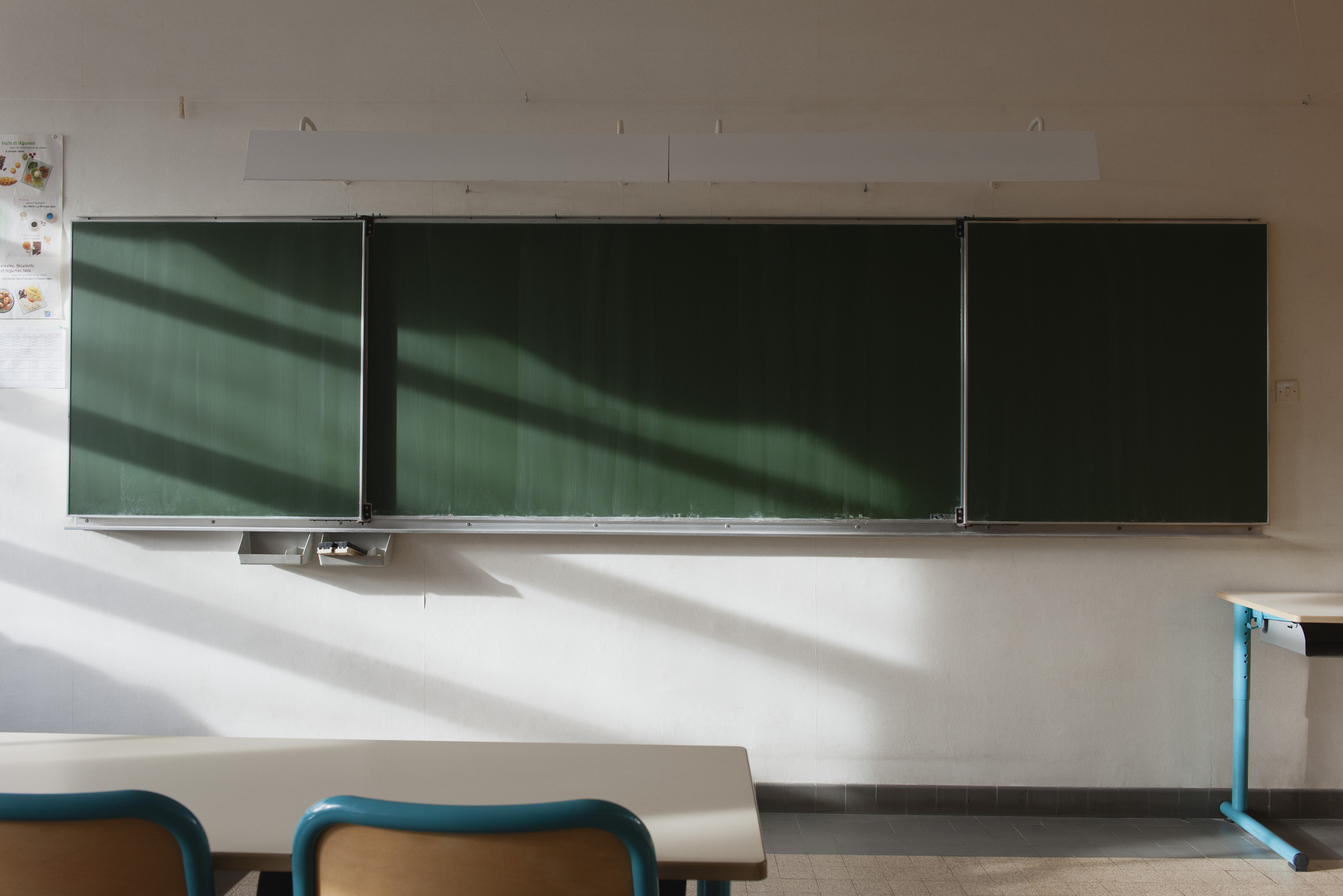 Florida educators face off with state officials over a teacher shortage
Florida educators face off with state officials over a teacher shortageSpeed Read As of mid-August, there were roughly 7,000 teaching vacancies across Florida, according to the state's teachers union. But the Florida Department of Education says differently.
-
 Florida schools' tug-of-war with AP Psychology
Florida schools' tug-of-war with AP PsychologyThe Explainer As the Florida school year starts, some districts remain unclear about AP Psychology's legality
-
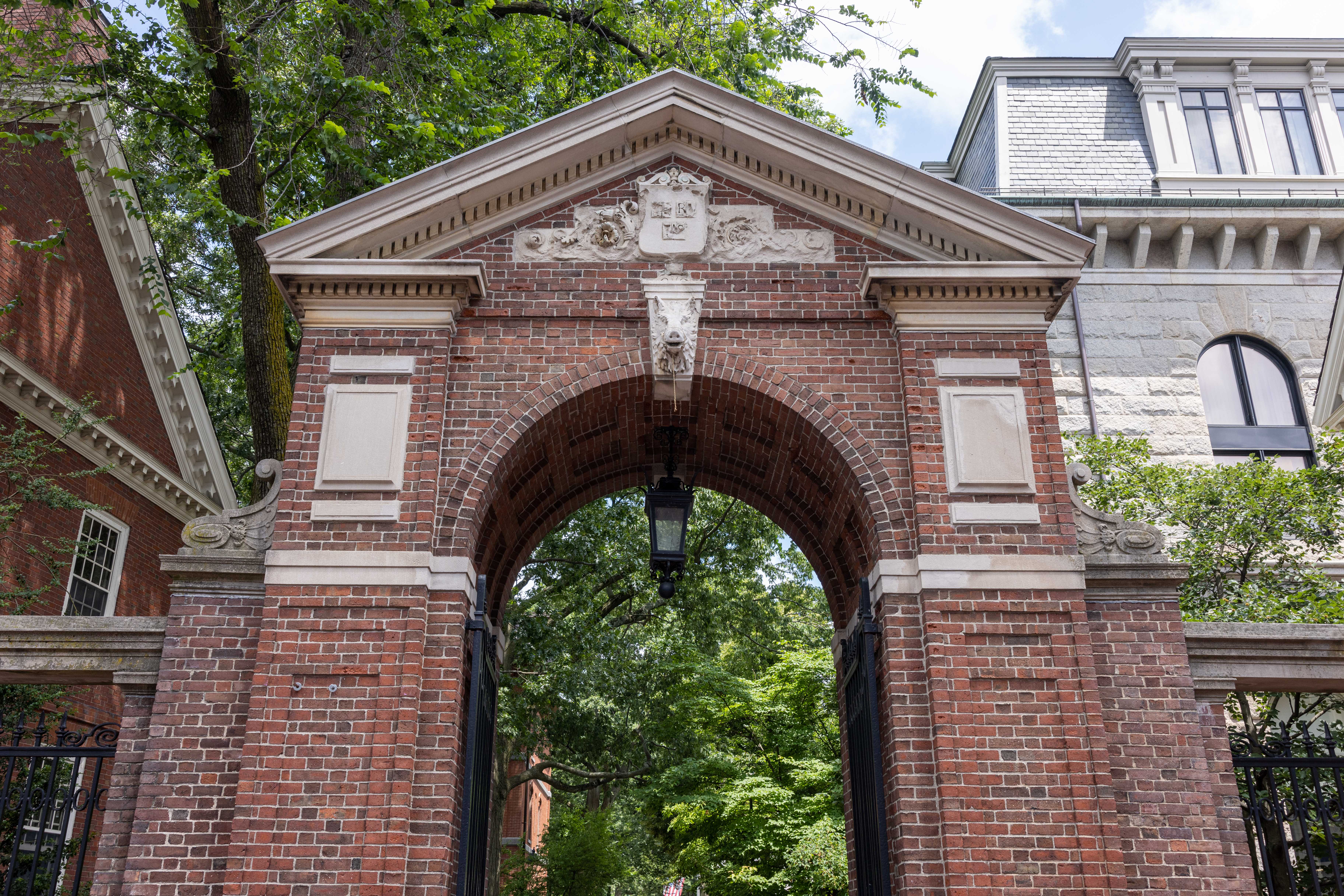 How wealth impacts college admissions
How wealth impacts college admissionsSpeed Read Affirmative action for race may be over, but a study suggests it still exists for the children of wealthy families
-
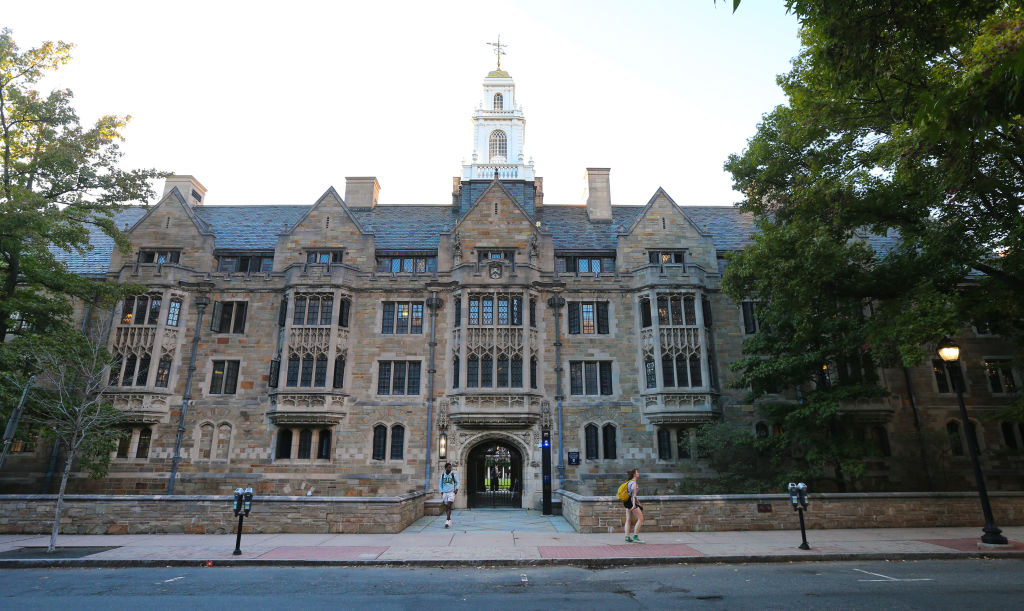 The college rankings rebellion
The college rankings rebellionSpeed Read Some of America’s top universities are rejecting the tyranny of U.S. News & World Report’s annual lists
-
 Why are grad schools boycotting the U.S. News & World Report rankings?
Why are grad schools boycotting the U.S. News & World Report rankings?Speed Read Is this the end of the college ranking system as we know it?
-
 What happened in the Los Angeles Unified School District cyberattack?
What happened in the Los Angeles Unified School District cyberattack?Speed Read It was the 50th attack on the education sector this year
-
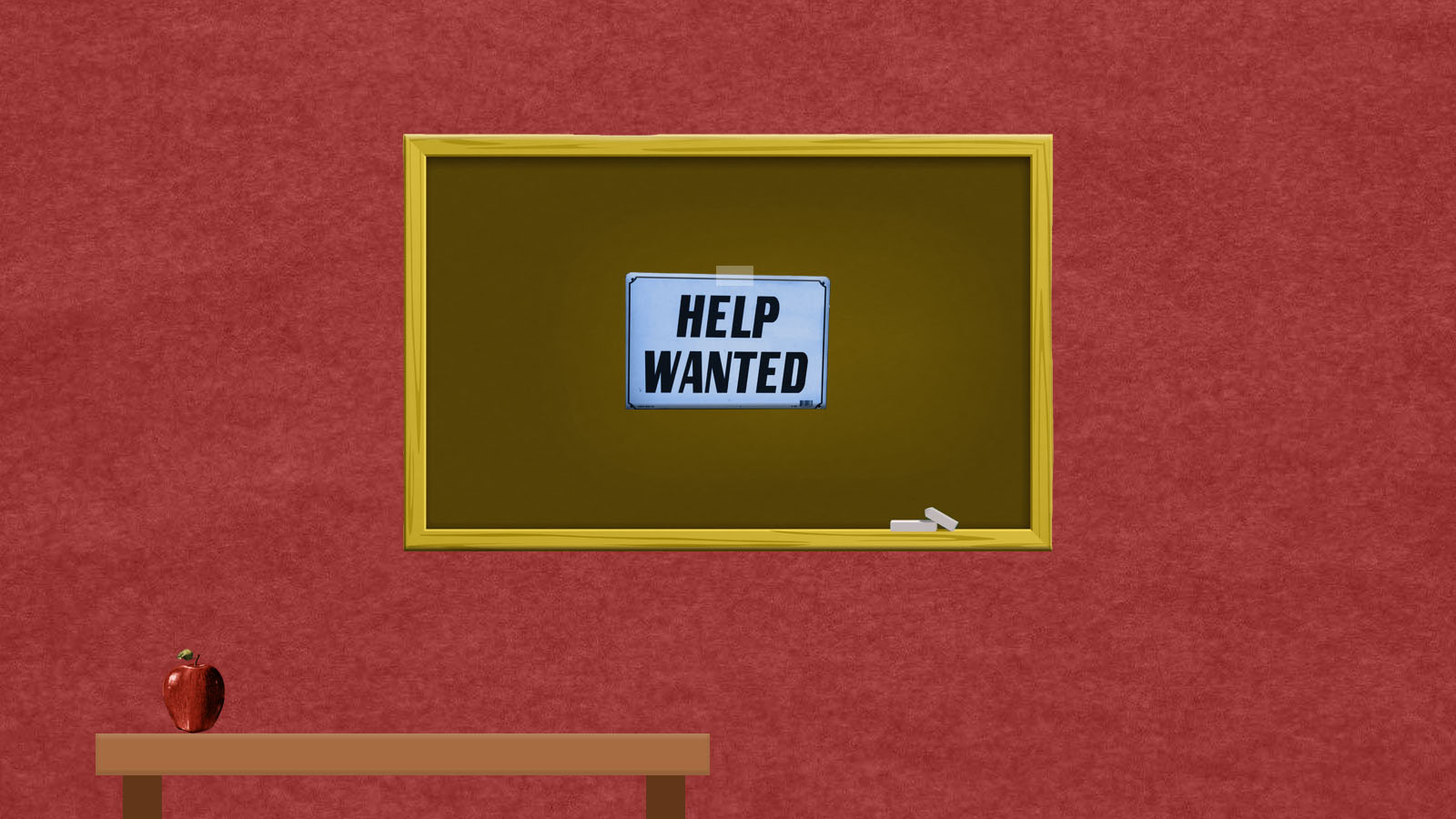 America's crushing teacher shortage
America's crushing teacher shortageSpeed Read The beginning of the school year is quickly approaching but thousands of teaching positions remain unfilled
-
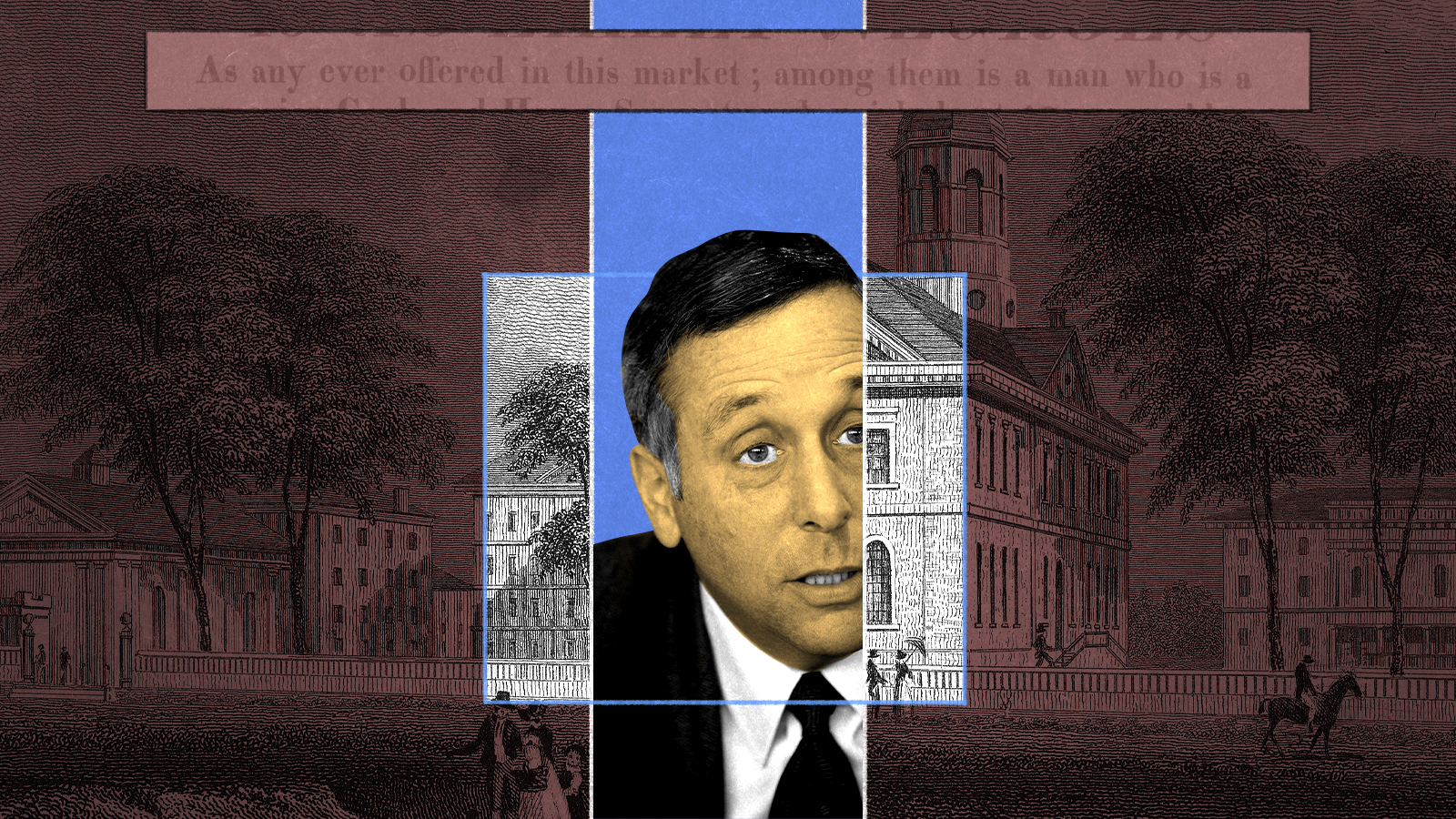 A history of slavery at Harvard University and beyond
A history of slavery at Harvard University and beyondSpeed Read The school is setting aside $100 million to redress its ties to slavery